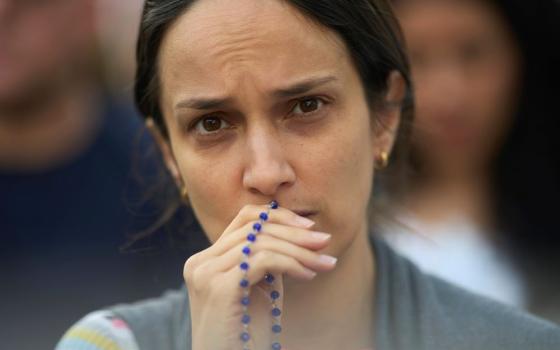So, George Weigel went to the movies to see "For Greater Glory" and it gave him the warm fuzzies. Still, the title of his latest example of agitprop "The Cristeros & us" is a little too precious in the use of that pronoun. I am reminded of a book of poems about the Holocaust: a publicity blurb written by Maya Angelou stated (I do not recal the exact quote), "This book reminds everyone that none of us survived the Holocaust without scars" to which Leon Wielseltier replied "Us?"
One of the lessons of the Mexican persecution of the Catholic Church is that religious freedom is precious. Another lesson is that when the Church gets too cozy with the powerful, and the powerful are indifferent to the sufferings of the people, the Church's reputation is trashed and when the Revolution comes, the Church will stand among the accused. Another lesson is that those who seek first the Kingdom should not be too quick to bless any particular political or social arrangement, but Mr. Weigel has made a career out of trumpeting the socteriological significance of democratic capitalism in ways that would make a true scholar blush. If he cared to engage in real scholarship regarding the Mexican Revolution, he might start with Enrique Krauze's "Biographia de Poder," which illustrates how complicated, often corrupt, always convoluted, the relationships were between the Church and the plutocrats and the revolutionaries, to say nothing of how the out-sized personalities among all groups fed a narrative that is tragic not least because in their desire to be proven right, they avoided the more pedestrian means by which peaceful resolutions of their conflicts could be achieved. That might be an instructive lesson today, no?
Weigel allows that "Barack Obama is not Plutarco Elias Calles, and the United States in 2012 is not Mexico in 1926-29. But..." He then goes on to suggest ways that they are alike. This is ridiculous nonsense and it demeans the martyrdoms of the Mexicans who clung to their faith. No one is asking Weigel to apostasize. There are no armed guards outside the offices of the Ethics & Public Policy Center. And, surely, somewhere in his readings about democracy, Weigel has encountered the notion that the value of public discourse is to tame the passions, not unleash them, and permit reason, not faulty and inaccurate metaphors, to leaven political decision-making. All honor to the Mexican martyrs. But, let part of that honor be a firm commitment to avoid the kind of polarized politics that made their martyrdom inevitable.



